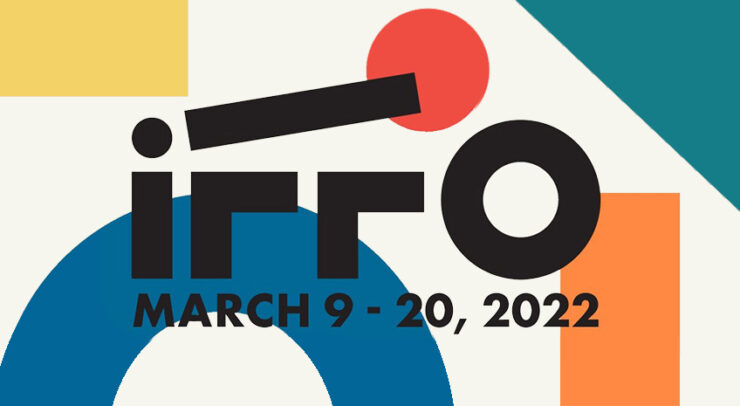Festival feeds city’s “hunger for international cinema” and supports local filmmakers
The past year has been challenging for Canadian workers across almost all industries. With varying lockdown restrictions across the country, many fields have had to adjust by downsizing or operating completely digitally.
The Canadian film industry is no different.
March 11 marked the first day of the International Film Festival of Ottawa (IFFO), a 10-day event taking place entirely online. The decision to go virtual follows last year’s IFFO launch, which was cut short due to COVID-19. The film festival is facilitated by the Canadian Film Institute (CFI), a non-profit cultural organization dedicated to highlighting the Canadian film industry. Headed by executive director Tom McSorely, CFI hopes to celebrate the history of filmmaking in Ottawa through IFFO, as well as develop local film production following the city’s resurgence over the last few years.
“People don’t remember that Ottawa was literally the filmmaking capital of Canada,” McSorely told the Fulcrum in an interview.
“So we wanted to link our festival to the contemporary production sector in Ottawa, but also to acknowledge what kind of stuff was made here over the years.”
Filmmakers Luca Fiore and Penny McCann both have short films that will be featured in the IFFO this year. However, they admit not being able to interact with audiences is one of the downsides to virtual festivals.
“You don’t have a sense of how the audience is reacting at all, which is really important [for filmmakers],” McCann said.
“The thing you have to remember with virtual work is that you cannot control the experience for the viewer.”
Fiore agreed. “It’s a really cool alternative, but not something to replace the real thing, in my opinion.”
Despite the online format, IFFO aims to engage with attendees as much as possible. One of the highlights of the film festival is the Screen Summit portal, an 11-day networking event that gives amateur filmmakers the chance to attend workshops with industry professionals and meet one-on-one with various distributors, agents and producers.
“We want to create that space where people can meet and exchange [ideas] and who knows, maybe even start to make films together,” said McSorely.
McSorely hopes to adopt a virtual aspect not only to IFFO but other CFI operations once restrictions are fully lifted.
“I think that that’s the future of all film festivals, to be honest. It really is the best of both worlds.”
But what does this mean for Canadian filmmakers? Fiore and McCann are optimistic. Both artists believe virtual film festivals dissolve physical borders, allowing their films to reach wider audiences.
“Now, you can attend that festival and you can participate and meet people from all over the world. As I’m saying this out loud, that’s a huge advantage,” Fiore said.
“I wouldn’t mind it if there was a digital component to more film festivals.”
McCann is open to the idea, but emphasizes the importance of in-person film festivals.
“I think what we’ll see is a bit of a hybrid,” she predicts. “But I think the primary goal of festivals is to gather people together to talk about cinema.”
IFFO streams online until March 21. Tickets can be purchased online at www.iffo.ca.





